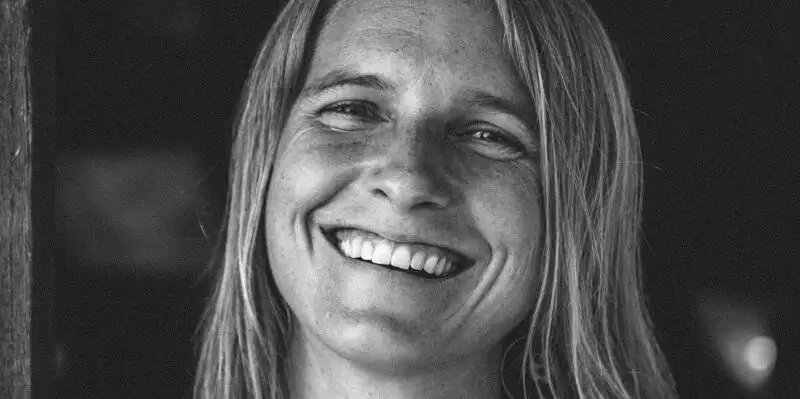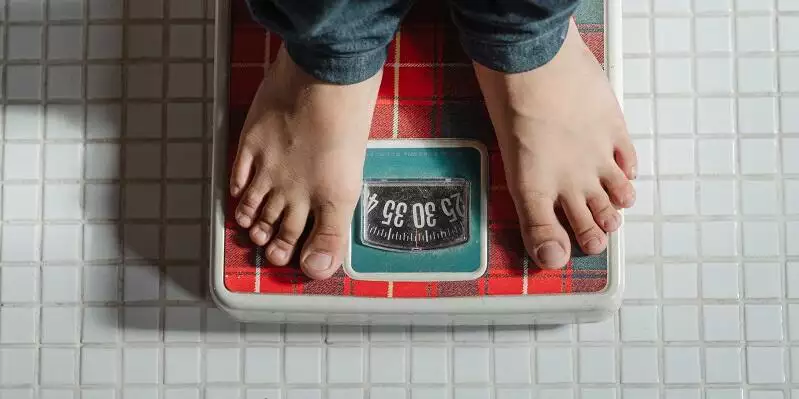It’s too much. Mothers everywhere are feeling desperate for relief…from the chaos of never getting a break from their kids; from the insanity of working from home with their playmate-deprived children underfoot and needing a teacher; from the stress of uncertainty, the stress of job insecurity, and the stress of parenting with partners who kind of get it and kind of don’t.
But as hard as this time has been and continues to be for mothers, it makes me a little sick to my stomach when I hear people pining for a return to “normalcy.”
Normal, pre-pandemic motherhood? If that’s what we’re eager to return to, we seriously need to raise our standards.
Lest we forget in our moments of distress and longing, here’s what day-to-day life looked like before the pandemic for millions of mothers in this country:
- Moving at an insane pace
- Working tirelessly to “be the villages” that we no longer have
- Kids nowhere to be found in neighborhoods
- Almost no part-time jobs with health insurance
- Unaffordable childcare options
- Anxiety and depression at higher rates among mothers than most any other demographic
- Seriously stressed partnerships
- Starvation for authentic connection
- Disconnection from elders
- A lack of ceremony, ritual, and rites of passage
- Tragically inadequate postpartum care
- The mental load burdening mothers disproportionately
- Isolation and loneliness
- Gross inequity between societal expectations of mothers vs. fathers
- The denial of domestic work as work
According to Motherly’s State of Motherhood Survey, 85% of mothers believe society does not do a good job of understanding and supporting mothers, with the vast majority believing more can be done at a government level. 75% of moms believe managing both a career and motherhood is impossible, largely due to lack of peer and societal support.
The pre-pandemic statistics are staggering. We can’t afford to pretend that this version of motherhood is working for us. It’s time to raise our standards, gather information, root ourselves in our worthiness, and create a new narrative.
I believe a good place to start is by asking ourselves what we want post-pandemic motherhood to feel like. This way, no matter what happens or how many personal and societal twists and turns we face, we have something to orient toward that’s aligned with what we most deeply desire.
If we want to feel more connected, we can ask ourselves at any given point, “What can I do right now to feel a little more connected?”
If we want to feel better supported, we can ask, “What support can I lean on, look for, or ask for?”
We don’t know what’s to come in the months ahead, but one thing we can be sure of is that mothers will still be the ones with our hearts on the pulse of the world’s unmet needs as we go forward.
And though we’ve been socialized and conditioned to put our own needs and desires last, this way of thinking is part of what hasn’t been working for us.
I explore this in depth in my best seller, Motherwhelmed, which was published earlier this month:
“Every time we deny our own needs for the sake of those around us, we are teaching our daughters how they should expect to be treated (and treat themselves) should they one day become mothers.
In the same way, every time we put ourselves last, we are modeling the worthiness of mothers for our sons. The very same sons who will grow up to respect and revere their own children’s mother … or not.”
Think of this pandemic like a pair of eyeglasses. As our distractions and coping strategies are stripped from us, we’re suddenly seeing everything that was once fuzzy and obscured, in sharp focus:
The truth about our exhaustion and deep discontentment. The reality that we struggle to stay present with our kids because of our own unmet needs. The collective grief we’re feeling over the loss of the village.
Our denial is dissolving. This is extremely difficult and it’s an essential part of any and every healing and transformation process.
This is no time to be looking behind us, except to gather information, mourn what’s asking to be mourned, and mine the jewels from the ashes.
We don’t want pre-pandemic motherhood back. The past can have it. It’s time to organize, imagine, create, and fight for a new way.





